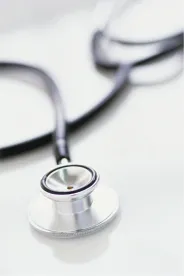On December 18, President Obama signed into law the Consolidated Appropriations Act, 2016 (H.R. 2029), which includes a two-year moratorium on the medical device excise tax. The 2.3 percent tax on sales of medical devices (except certain devices sold at retail) was enacted as part of the Affordable Care Act in 2010 and applied to device sales beginning on January 1, 2013. Division Q, Section 174 of the Consolidated Appropriations Act, 2016 amends section 4191 of the Internal Revenue Code to exempt medical device sales during the period of January 1, 2016 to December 31, 2017.
Absent further legislative action, the tax will be automatically reinstated for medical device sales starting on January 1, 2018. The Joint Committee on Taxation estimated the cost of halting the tax for 2016 and 2017 at $3.4 billion.
The 2-year moratorium follows several legislative attempts to eliminate or delay the medical device tax since its enactment in 2010. For example, a budget reconciliation bill that would repeal many parts of the Affordable Care Act, including the medical device tax, passed in the Senate earlier this month after passing in the House in October. And in June, the House passed a bill repealing the device tax, the Protect Medical Innovation Act of 2015, which was introduced by Representative Paulsen in January of this year.
The Consolidated Appropriations Act, 2016 also includes appropriations for FDA for fiscal year 2016, under which the agency will receive $2.71 billion, $133 million more than the agency received in fiscal year 2015. According to one analysis, CDRH will receive $323 million, up slightly from $321 million in 2015.




 />i
/>i
